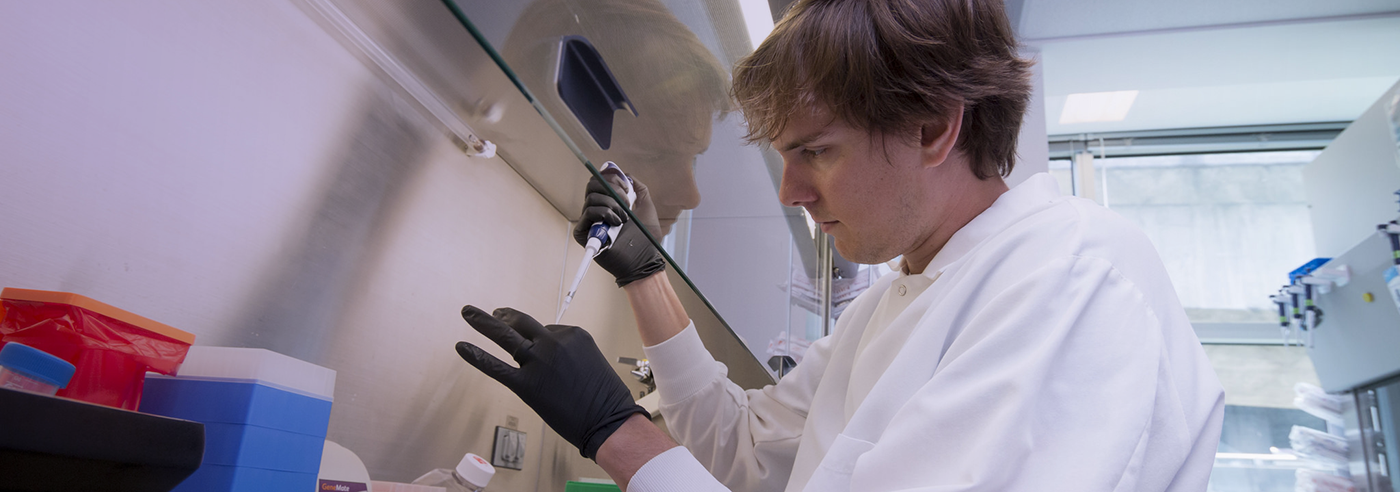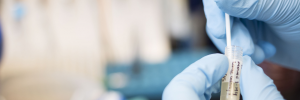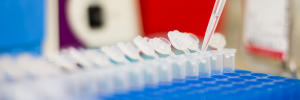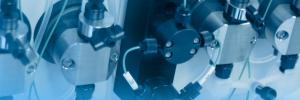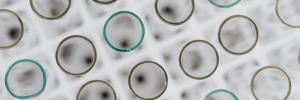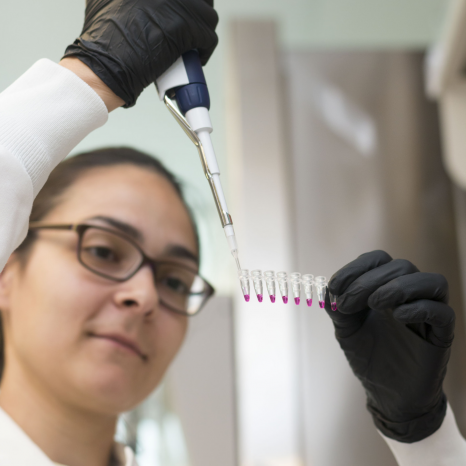As a discipline, Pathobiology ties together the fundamental concepts of biology, medicine, and public health, particularly as applied to global health issues. The program applies a multidisciplinary approach as well as the latest research technologies to the study of public health problems such as viral, bacterial and parasitic diseases, as well as other conditions such as cancer. By investigating the mechanisms underlying multifactorial diseases, our program emphasizes the preventive as well as the curative, and a broader view of disease etiology. The program applies the research tools of immunology, molecular biology, pathology, and genetics to the detection and characterization of cancer, sexually transmitted diseases, and respiratory and parasitic infections.
The Pathobiology Graduate Program offers research and training programs leading to the Doctor of Philosophy and Master of Science degrees. Coursework includes basic courses in pathobiology, with additional courses required in epidemiology and molecular biology. Students may also choose electives from other basic medical sciences, such as microbiology, biochemistry, pathology, and genetics. The Program places equal emphasis on research and training for both graduate students and postdoctoral fellows.
The Pathobiology Graduate Program has established learning objectives for its doctoral program:
Develop a fundamental understanding of basic cellular and molecular processes and techniques important in the application of basic biomedical research to diseases of global public health interest. Specifically, this includes familiarity with the paradigms for control, prevention, and treatment of diseases of public health importance, an understanding of the epidemiology and diseases processes of important diseases of national and international importance, an understanding of how biomedical research can approach such diseases, and basic methodologies used in this type of research, including relevant areas of molecular biology, epidemiology, and biostatistics. Students are also expected to develop familiarity with the major classes of pathogens.
Become an independent scholar capable of conducting independent research leading to the expansion of knowledge of Pathobiology. This includes developing the skills to approach an unfamiliar experimental system, and identify and explore important questions concerning pathogenesis and infection.
Learn to collect, analyze, interpret, and use data for solving problems in Pathobiology.
Develop advanced research skills and expertise in the area of his/her research concentration.
Develop skills in communicating research findings to scientific audiences through publications and oral presentations.
At the University of Washington, diversity is integral to excellence. We value and honor diverse experiences and perspectives, strive to create welcoming and respectful learning environments, and promote access, opportunity and justice for all.


